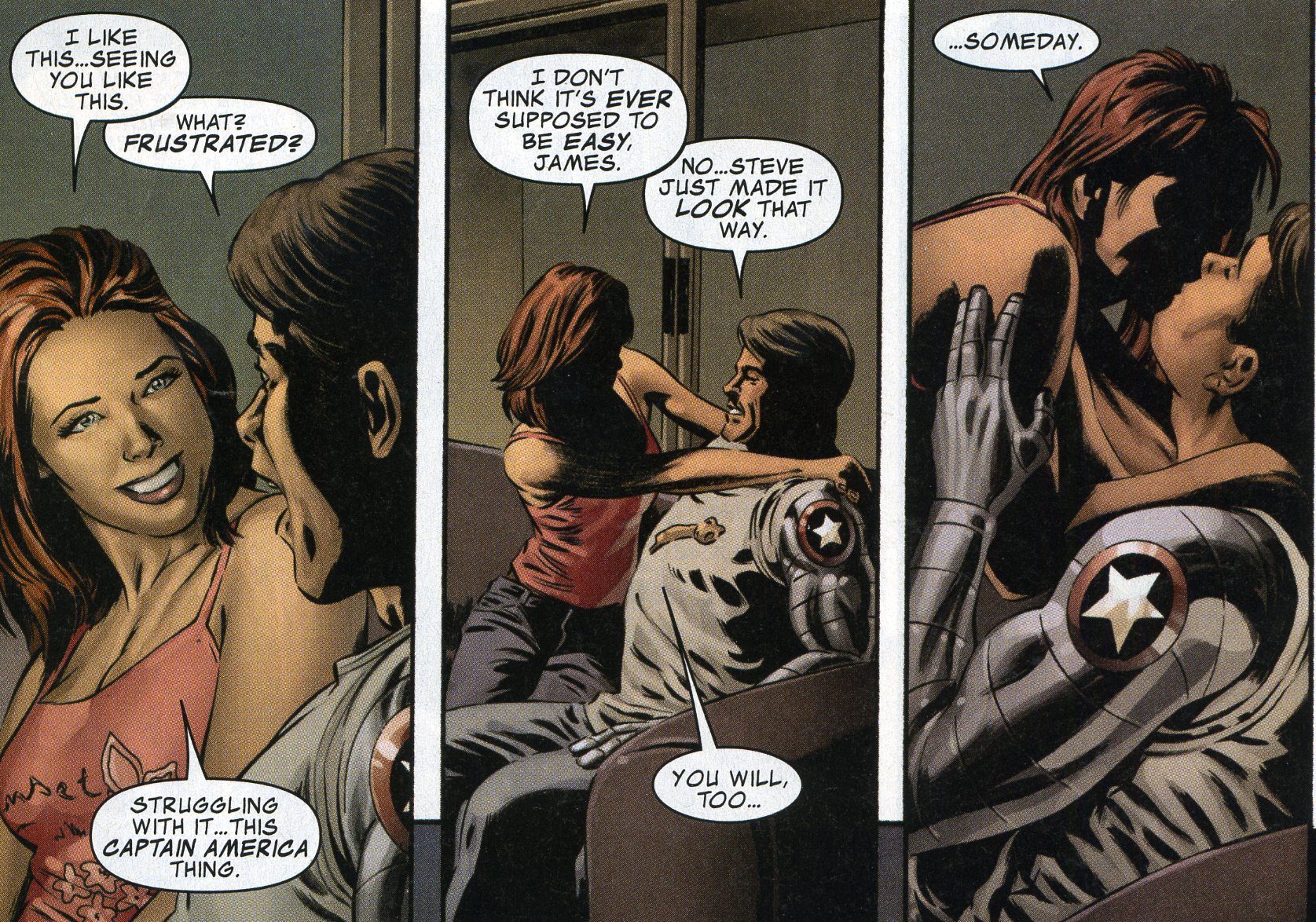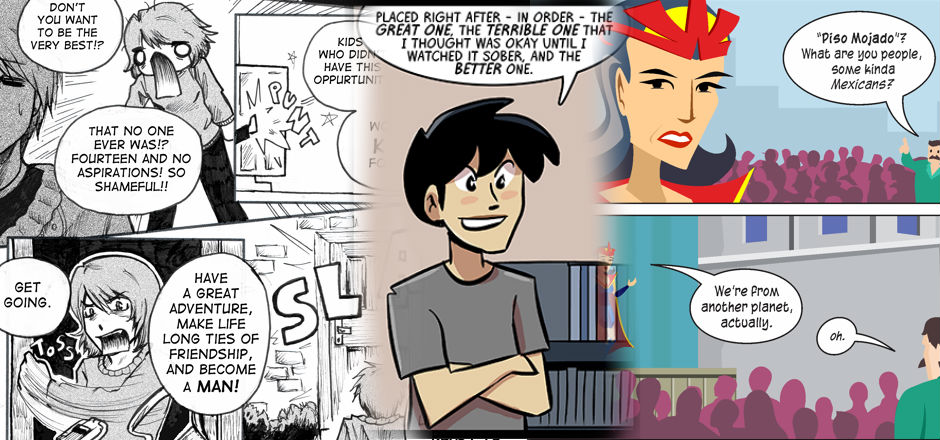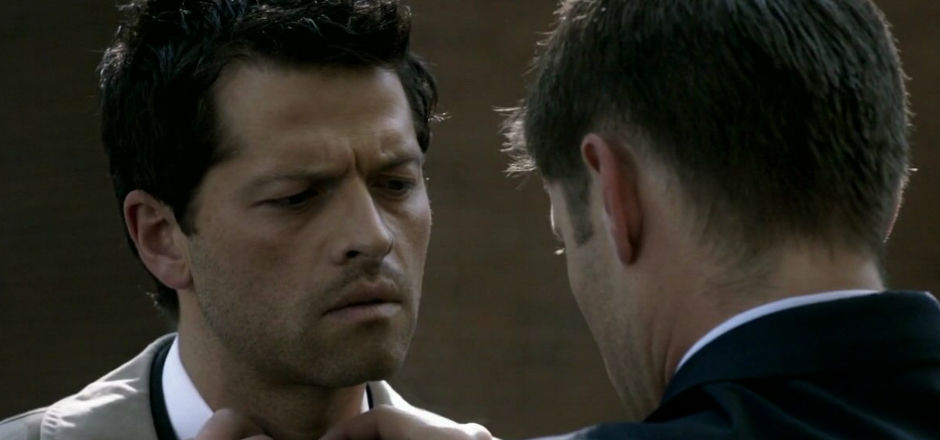The climax of Wonder Woman brings Diana the realization that, while the world of men does not deserve her as their savior as her own mother rightly proclaimed, it is right to fight for people for they are all worth saving in one way or another. While the world and the group of characters that were presented in Diana’s origin story merited that realization on her part, the world and group of characters surrounding Diana in Justice League are another matter entirely.
Simply put, Justice League does not deserve Diana.
While admittedly far more entertaining than previous (non-Wonder Woman) DCEU films and populated with a surprisingly likeable cast of characters, Justice League is bloated, messy and disjointed. A lot can be said about the strident clash between Whedon’s contrived lightheartedness and banter, and Snyder’s self-indulgent preference for gloominess, exclusively dark palettes and overwhelmingly brooding heroes, but the one aspect in which both directors aligned perfectly was their sheer inability to, not only work with Diana, but with the male responses to her presence on the team.
The film strived to have Diana on screen almost constantly, but it always felt forced. Diana never assumed a natural central role in the team because neither the script nor the directors allowed her to. Ultimately, it appears that she was placed center stage simply due to how well Wonder Woman did in theaters, not because the writers or the directors of Justice League understood in the first place what made her character in her solo film so magnetic and empowering.
[blocktext align=”right”] She went from being a powerful woman who happens to be beautiful to a beautiful woman that happens to be powerful, and that changed the integrity of her presence in this movie almost entirely.[/blocktext]There’s no better proof of this that the relentless objectification that Diana suffered throughout Justice League. Whereas every one of the very few acknowledgements of Diana’s beauty in Wonder Woman were almost immediately swept aside for awe at her power, intelligence and compassion, Justice League never once allowed us to forget that her teammates found her hot. From that throwaway scene played for laughs in which Arthur (Aquaman) sits on the Lasso of Hestia and finishes a spiraling confession about being afraid of death with the acknowledgement that he finds Diana gorgeous, to the unfortunate decision to heavily imply that Bruce (Batman) is sexually attracted to Diana and wishes to work with her to keep her close, the qualities that made Diana beloved by both her teammates and audiences in Wonder Woman took a backseat in Justice League. The focus on her female beauty diminished the power of a character fresh off a movie that connected so much with female audiences precisely because of its empowering portrayal of a woman who found her significance removed entirely from her physical beauty. She went from being a powerful woman who happens to be beautiful to a beautiful woman that happens to be powerful, and that changed the integrity of her presence in this movie almost entirely.
So badly did Justice League not wanted us to forget that Diana is an attractive woman and that it was this womanhood what otherized her from her teammates, that they thought it’d be hilarious to have Barry (Flash) fall on top of her during a battle with their bodies aligned head to toe and then have him bashfully standing up and running away because he had felt that womanly body underneath him in a compromising position. Many can recognize this trope as a tired technique employed in fan service comics and mangas to wink at male audiences and remind them that there’s a womanly, curvaceous body that the male character is getting to feel right at the moment without the consent of the female character in a situation that can’t be reproached because the whole series of events was an innocent, wacky mistake.
Unlike in Wonder Woman, where in the boat scene with Steve Trevor Diana was the primary contributor in the discussion on the subject of sexuality, her own perceptions on the matter and a woman’s experience in it, in Justice League all the sexual insinuations never included Diana as anything other than the object. They were about her, but she was never a willing participant or contributor, as it was always in the hands of the male characters around her who couldn’t stop perceiving her as an attractive woman.
Seemingly unsatisfied with removing layers from the character in such a way, they also opted to remove layers from her actual clothing. Outside of her now-iconic gladiator-style hero suit, Diana was consistently dressed in skintight leather pants and plunging necklines. Whenever she donned these outfits, the camera would unfailingly find a place behind her, oozing with the male gaze to grant us ass-shots and strategic frames in which the curves of her body were displayed for maximum effect.
In fact, the rest of the Amazons suffered a similar fate in their short appearance in the film. Much has been said about the outfit change for the Amazons in Justice League, but I think it’s worth mentioning that, aside from the redesign for more revealing outfits, the looks of the Amazons themselves went through a subtler change that involved heavier make-up and far more stylized and feminine hairdos. Like Diana, the fact that they were warriors was now second to the fact that they were attractive women, and this toppled the efforts of Wonder Woman to stay away from the “Paradise Island” beginnings in Wonder Woman mythology as a fantasy for men as opposed to a dream-come-true for empowering women.
The last, and quite possibly the most painful blow to the Diana that Wonder Woman presented to the world came in the form of Bruce’s patronizing, condescending and out-of-character tirade in which he accused Diana of hiding behind Steve Trevor’s death to not embrace her role as a hero and a leader. Gal Gadot herself has commented on how inconsistent with Diana’s character it is to have Wonder Woman become so jaded that she must hide away and shirk her responsibility to the world after witnessing the human devastation in WWI and learning about love and human complexity to maintain a decades-long mourning.
To add insult to injury, this inconsistency is presented as the baseline for Diana’s character arc in Justice League, a character arc whose development depends on Bruce trying to berate her into realizing that she essentially needs to move on. The character who is iconic within the superhero canon for repressing his feelings, isolating himself, being emotionally stunted and using his superhero identity as a clear defense mechanism for his deeply ingrained trauma, is yelling at the only female team member that she is being too emotional, that she needs to let go and assume her natural role as a leader of the team – a leadership position that he’d been working the entire film to give to another guy.
The need to heavily feature Wonder Woman in Justice League made perfect sense, not only because of the success of her solo film, but because Diana is canonically the heart and soul of the Justice League. This film, however, failed to communicate just why she is so integral to the fabric of the team and the DC universe itself. Wonder Woman gave the world a Diana who was honest, compassionate, loving, brave, fierce, outspoken and honorable, all of the things that make Wonder Woman the glue that holds the Justice League together. Instead of nurturing this complexity in her character, the Justice League film added some badly animated CGI actions scenes in which she kicked some generic ass, filled her with nonsensical insecurities and pushed her out into the world in sexy leather to follow Bruce’s orders.
Justice League failed not only the Diana of Wonder Woman, but also the audiences that loved her solo film, the girls and women that could not help shedding a tear during the No Man’s Land scene, the ones who left the theater with a smile on their faces because, finally, we had a heroine that was more than just looks and suits and some moves. We had a heroine that allowed us to believe that being brave and honest and loving was a perfectly achievable way of embracing the Wonder Woman within ourselves. By scrapping that and reducing Diana to simply a widely-appreciated beauty who can handle a sword, Justice League proved that they do not deserve Diana, and by extension, that they do not deserve us either.
[coffee]






